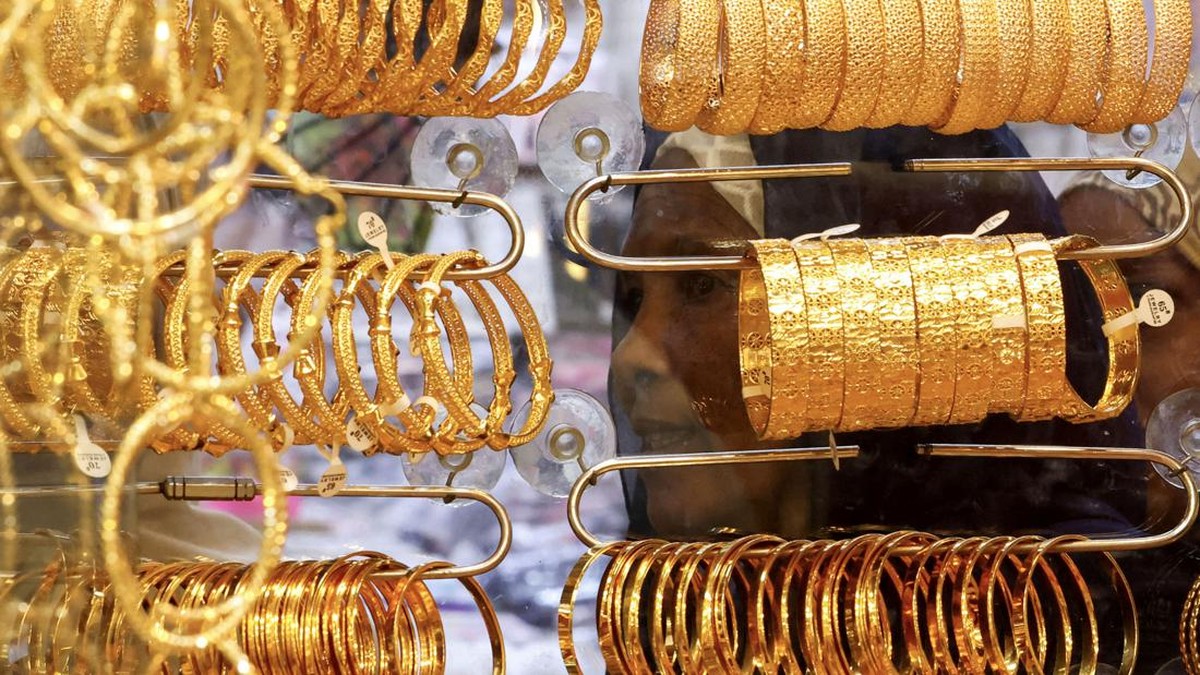Indonesia is set to establish its first Gold Bank by February 26, 2025, as announced by President Prabowo Subianto. The initiative aims to strengthen economic resilience by managing the country's gold reserves more effectively and providing financial instruments backed by gold.
With approximately 78.5 tons of gold reserves as of 2023, Indonesia sees the Gold Bank as a strategic move to enhance economic stability. Gold has long been recognized as a hedge against inflation and currency volatility, making it a critical asset for financial security. By consolidating and managing these reserves, the Gold Bank could play a vital role in strengthening Indonesia’s financial foundation.
Several studies highlight the positive correlation between substantial gold reserves and economic stability. Countries such as Switzerland and Singapore have successfully leveraged their gold reserves to enhance monetary policies and investment opportunities. Indonesia aims to follow a similar approach, ensuring that its gold assets contribute to financial sustainability amid global economic uncertainties.
One of the key benefits of the Gold Bank is its potential to diversify Indonesia’s revenue streams. Traditionally, the country has relied on taxation, natural resources, and trade to generate income. However, a well-managed gold reserve can provide additional revenue through international trade and investment in gold-backed financial instruments.
Switzerland, for example, holds 1,039 tons of gold and uses it as a hedge against market fluctuations. Meanwhile, India, with 853 tons of gold, has implemented investment schemes like the Gold Monetization Scheme to encourage domestic gold savings. China, which possesses 2,264 tons of gold, has integrated gold reserves into its global trade strategy, reinforcing economic influence. Learning from these examples, Indonesia can develop policies that maximize the value of its gold reserves.
The establishment of the Gold Bank also opens opportunities for the domestic financial sector. By issuing gold-backed securities such as gold certificates or bonds, Indonesia can attract both individual and institutional investors. India has successfully integrated similar investment tools, increasing public participation in the gold market.
Additionally, the Gold Bank could reduce Indonesia’s dependence on foreign currencies by strengthening its foreign exchange reserves. A stronger reserve system would improve the country’s ability to manage financial crises and fluctuations in global trade. In 2020, Indonesia faced a current account deficit of USD 2.7 billion, which impacted its balance of payments. Effective gold management could mitigate such risks in the future.
To ensure the Gold Bank's success, Indonesia must establish clear regulations, provide public education on gold investments, and collaborate with private sector players. Implementing transparent policies will encourage market confidence and participation. Furthermore, integrating digital financial services could enhance accessibility, allowing individuals to invest in gold-backed financial products seamlessly.
While the Gold Bank presents significant economic potential, challenges remain. Infrastructure development, regulatory frameworks, and market acceptance will be crucial in determining the bank’s effectiveness. However, with strong governance and strategic implementation, Indonesia could position itself as a leader in gold-backed financial solutions in the region.
Indonesia’s move to establish a Gold Bank marks a pivotal step in strengthening financial resilience and economic sustainability. By leveraging its gold reserves effectively, the country can enhance its monetary stability, attract investment, and create new financial opportunities that support long-term economic growth.
PHOTO: REUTERS
This article was created with AI assistance.
Read More






 Wednesday, 04-02-26
Wednesday, 04-02-26







